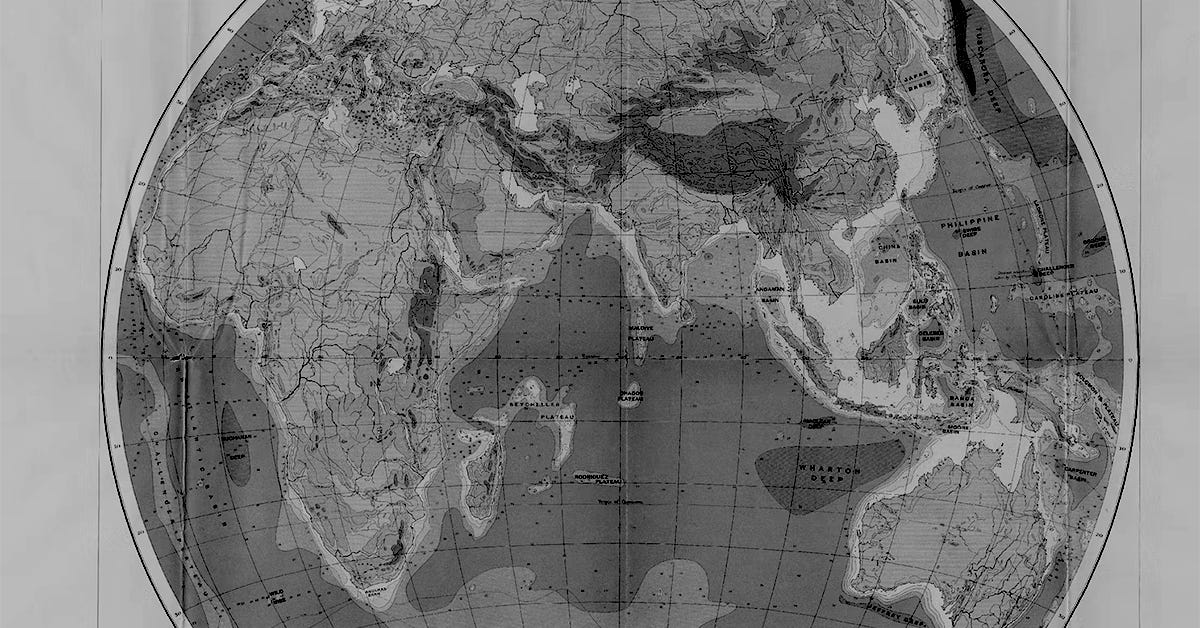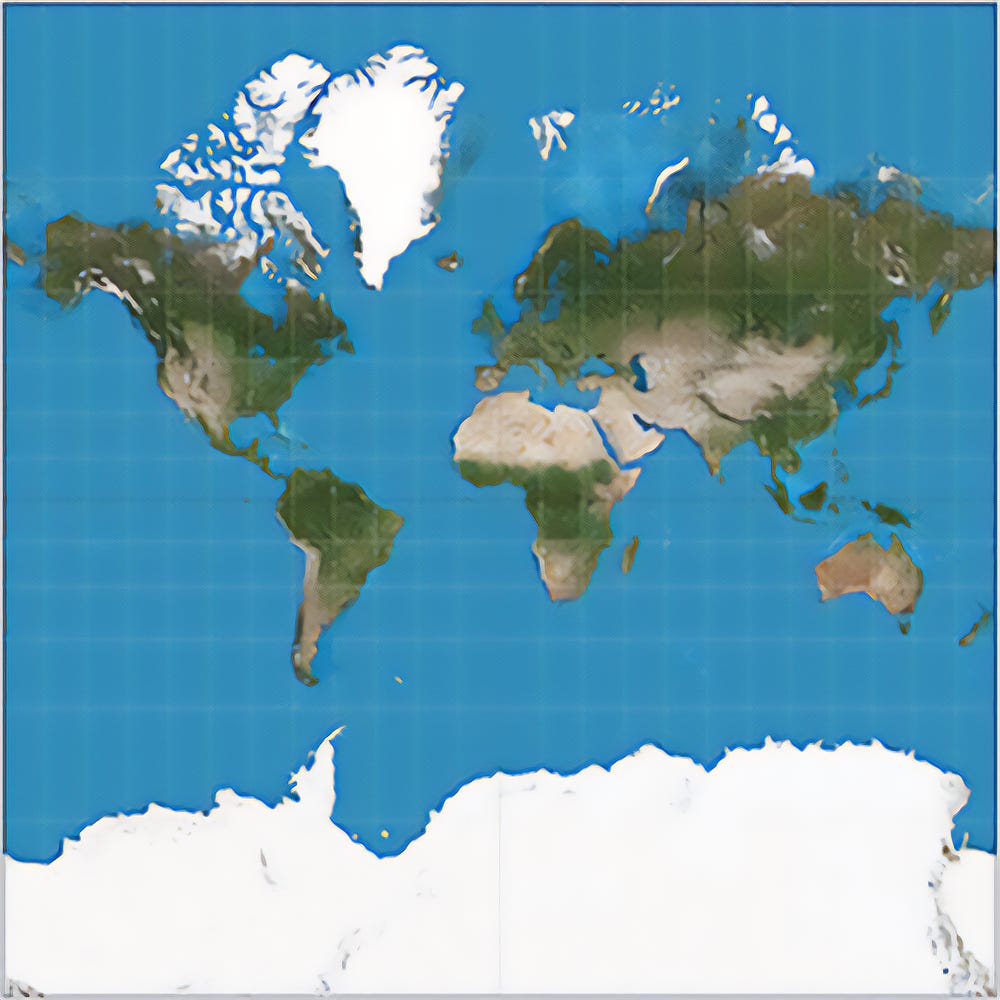I just finished The World of Yesterday, the haunting memoir of the Austrian Jewish writer Stefan Zweig.
Zweig took his life in 1942, while in exile from the Nazis. Though he left no explanation, it’s reasonable to conclude that regardless of the outcome of the war, he knew that his world was gone.
Zweig was an intellectual who cherished his connections with writers and artists across international boundaries. “Before 1914,” he wistfully recalled, “the world belonged to the entire human race. Everyone could go where he wanted and stay there as long as he liked. No permits or visas were necessary …”
The internationalism fostered by the Napoleonic peace lasted ninety-nine years. Zweig watched it expire on a cloudless holiday in Belgium, the summer of 1914, when he could scarcely believe the reports of troop callups. Days later, the Austrians and Belgians who had been sharing a beach were training for war, to be joined by the entire civilized world.
The greater depredations of the 1930s spoilt his dream that the international fraternity could be rebuilt. Man was ultimately subordinate to his animal instincts, as his friend and fellow Austrian refugee, Sigmund Freud, had written and had brutishly confirmed by Nazi thugs in Vienna.
The world we have lived in since was constructed, mainly by the United States, to prevent a recurrence of the 1940s. That meant military preparedness and alliances and an architecture of economic partnership.
Shared economic prosperity was believed to be the buffer. Hadn’t it been worldwide depression that paved the way for fascism?
Hadn’t it been trade wars and competitive devaluations that worsened the depressions and turned one nation against another?
Slowly the world that the U.S. built is coming undone—or maybe not slowly. The Trump Administration shocked our allies with its inchoate America-Firsting. The Biden Administration has made it worse.
What Trump pursued with seeming randomness, Biden has pursued with deliberation. Remember the Trump tariffs? Biden, with respect to China and some U.S. allies, has left them in place. Remember Trump’s cri de coeur against goods not made in America? Biden and Congress have anchored it into legislation. The worst came this week, when Trump’s crude rhetoric against multilateralism was soldered into policy by the Biden trade representative.
Globalism has not that many friends right now, despite having lifted billions of people out of poverty. Friendless or not, trade is the building block of international cooperation. As David Ricardo proved in 1817, every nation benefits (as a whole, not every person, of course). Nations prosper economically and culturally through cross-pollination. Trade in goods and exchange in ideas, which cannot be separated, lead to more open and innovative societies not to mention the occasional artist such as Zweig.
If you want to see what happens when exchanges are circumscribed by nationalism, consider the Chinese experiment in Covid-19 vaccines. Early in the pandemic, the U.S. and other countries signed contracts with competing vaccine suppliers. The best and fastest would be deployed. Beijing rejected foreign developers. It chose nationalism over microbes. It turned out that China’s homegrown Sinovac and Sinopharm were far less effective than those of various Western companies. Now, China is paying a serious price, economically and in terms of social cohesion.
What China did in vaccines, the U.S. is doing in climate change. The signature Biden legislation, the risibly mistitled Inflation Reduction Act, doles out $369 billion for energy projects, much of which is contingent on goods being produced in or near America. There are subsidies to American manufacturers, hefty tax breaks for electric vehicles and other green goods such as solar, if they are assembled in North America. Automakers get subsidies if their batteries are painted red, white and blue, and so do consumers.
Companion legislation, the CHIPS Act, provides $52 billion in subsidies and tax credits for any global manufacturer who puts up shop or expands an existing one in the United States.
Just as the coronavirus doesn’t care if the vaccine was developed in the U.S. or China—only if it is effective—the atmosphere does not distinguish between decarbonization developed here or abroad. As Einstein reportedly said, nationalism is infantile: “It is the measles of mankind”—signaling its propensity for contagion, not just its imbecility.
A penalty will be paid in quality. Some Europeans would build better electric vehicles than we will. Some of their chip fabs would be better.
The larger price will be the protectionist reaction that Yankee protectionism is sure to provoke. It is already happening. The European Union, South Korea, Japan and the U.K. all have criticized the electric-vehicle provisions. They are our friends, by the way.
Our allies charge that the legislation violates the rules of the World Trade Organization. The WTO, and a predecessor treaty signed after World War II, has set the rules governing trade, and steadily (until the Trump era) lowered trade barriers. The idea has been to avoid the disastrous free-for-all and competitive tariffs of the 1930s.
French President Emmanuel Macron, in advance of a White House visit earlier this month, called American subsidies a “killer for our industry.” Fingering the climate bill and CHIPS, Macron said the legislation could hamper U.S.-European relations and freeze multinational investment.
The benefits of cooperation should be obvious. Europe is reeling from Covid, a refugee crisis, soaring energy costs, the war. The U.S. wants Europe to forgo Russian oil and respect a Maginot technology line (led by America) against Beijing.
The Macron visit produced nothing of substance. Biden mused about the potential for “tweaks” to American policy. But Congress is unwilling, and the buy-American bias that Europe objects to is inherent to Biden’s agenda, and to that of his union friends. The trouble is, Germany and France have unions, too.
Ursula von der Leyen, president of the E.U.’s executive arm, said Europe could retaliate by awarding subsidies to its manufacturers. Niclas Poitier, a trade specialist in Brussels, told the New York Times DealBook, “There’s potential for this to escalate into a larger conflict.” He meant retaliatory tariffs. This is how the world turns dark.
And this week Biden’s economic nationalism fell to a low. A WTO panel ruled that the Trump-imposed steel and aluminum tariffs on China as well as on Norway, Switzerland and Turkey were illegal. (The U.S. has argued that the tariffs, partially left in place by Biden, were justified for security reasons; the WTO, which adjudicates such claims, said no.)
But the U.S. Trade Representative said, dismissively, the U.S. didn’t intend to remove its duties. The U.S. hinted that it will appeal—part of a long-running charade, because the U.S., first under Trump and continuing under Biden, has blocked the WTO from filling seven vacant seats on its appeal tribunal. Thus, the U.S. appeal will not be heard (since no quorum exists to hear it), and the U.S. will not be subject to sanctions—which could have been significant—for its illegal tariffs.
The fuller details of America’s attempt to incapacitate the trade organization it sired are painfully spelled out by James Bacchus in a Cato Institute blog post, “Echoing Trump, Biden Embraces International Trade Lawlessness.” Bacchus, a former Democratic congressman from Florida and a founding member of the WTO appellate body, pointed out that the Biden administration has pretended that, unlike the Trump administration, “It wishes to restore the full functioning of the WTO dispute settlement system.” But Biden (like his predecessor) is obsessed with swing state politics, i.e. Michigan, Wisconsin and Pennsylvania, and is willing to risk “the end of the multilateral trading system.”
Less this seem extreme, Bryce Baschuk of Bloomberg concluded that the U.S. “seems to be leading a return to the 1930s-style law-of-the-jungle approach to trade.”
Most readers can get through a whole week without considering the multilateral trading system. Well, how do you feel about the law of the jungle? Walter LaFeber, the late, revered, historian of foreign policy at Cornell, used to preach that economic alliances are followed by military alliances. A Fortress America will not be able to cut it.





I agree that the theory of free trade sounds great. BUT there are problems it doesn't consider. For one, the destruction wrought by "free" trade with a nation that uses slave labor (China), namely the hollowing out of the West's manufacturing jobs and the loss of middle class prosperity. For another, the accumulation of obscene levels of wealth by the managerial class and political/cultural "elite" as they accrue all the economic benefits of free trade in tandem with the aforementioned destruction of the middle class. The political polarization and fragmentation the article laments are not the prime causes of the problems we face, they are reactions to the problems noted above. Unfortunately, as the article describes, they feed back into the destructive cycle.
Sure blame the Trump administration for looking out for the sovereign interests of its PEOPLE but the true blame lies with the Chinese Communist Party. You cannot have one sided unfettered globalism with a ruthless communist dictatorship that further lines their military pocketbook to be potentially used against your own people down the road. Trump showed the Chinese communist party’s true colors. What has 40 years of unfettered globalism got us with china? Are they are more of a “democracy” with globalism? No… now they are a heavily armed hostile regime. Globalism created a monster in the CCP.